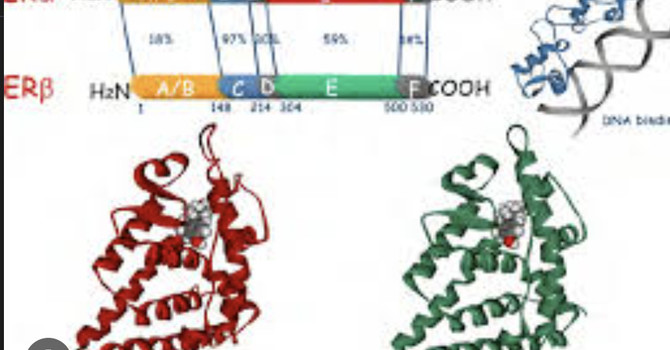
Brain fog: a term that many of us have heard but often struggle to fully understand, especially during menopause. For women navigating this transition, recognizing and addressing brain fog is crucial for maintaining quality of life. In my practice, I emphasize that brain fog is not just about forgetting names or misplacing car keys; it's a deeper cognitive issue that can be effectively managed with the right approach.
What Is Brain Fog?
During menopause, many women report a decline in cognitive function, commonly referred to as "brain fog." It goes beyond occasional forgetfulness. It can manifest as difficulty concentrating, struggling to remember details of a book or a movie plot, or even losing interest in activities that once brought joy. Frustration and anger can also be side effects, as women grapple with these sudden changes in their cognitive abilities.
The Underlying Causes
While brain fog can have various triggers, hormonal fluctuations during menopause play a significant role. Estrogen, particularly, has a profound impact on the brain and cognitive functions. As estrogen levels fluctuate and decline during menopause, it can lead to the symptoms commonly associated with brain fog.
Moving Beyond Brain Fog
The good news is that brain fog during menopause is often reversible. In my practice, I focus on Bioidentical Hormone Replacement Therapy (BHRT) as a cornerstone of treatment. BHRT involves using hormones that are chemically identical to those your body naturally produces, providing a more tailored and natural approach to easing menopausal symptoms, including brain fog.
Personalized BHRT: A Path to Clarity
When it comes to treating brain fog with BHRT, one size does not fit all. Each woman's hormonal needs are unique, and so should be her treatment. I work closely with my patients in California and Florida through telemedicine to understand their specific symptoms, health history, and lifestyle. This allows me to create a personalized BHRT plan that not only addresses brain fog but also aligns with their overall quality of life.
Beyond Hormones: A Holistic Approach
While BHRT is a key component in treating brain fog, I also emphasize the importance of a holistic approach. This includes:
- Nutrition: A balanced diet rich in antioxidants and omega-3 fatty acids can support brain health.
- Exercise: Regular physical activity can improve cognitive function and mood.
- Stress Management: Techniques like meditation or yoga can help alleviate stress, which can exacerbate brain fog.
- Mental Stimulation: Engaging in activities that challenge the brain, such as puzzles or learning new skills, can improve mental clarity.
Quality of Life at the Forefront
In addressing menopausal brain fog, the ultimate goal is to enhance the quality of life. It's about reclaiming the mental clarity and joy in activities that may have been overshadowed by the fog. With personalized BHRT and a holistic approach to wellness, women can navigate menopause with renewed confidence and cognitive sharpness.
Remember, brain fog is not a permanent state. With the right treatment and support, clarity can be restored, allowing you to enjoy every moment to its fullest.
Dr. Anat Sapan MD specializes in menopause care offering telemedicine services in California and Florida. Her approach combines personalized BHRT with lifestyle strategies to help women overcome menopausal brain fog and enhance their quality of life.

Anat Sapan, MD
Contact Me



